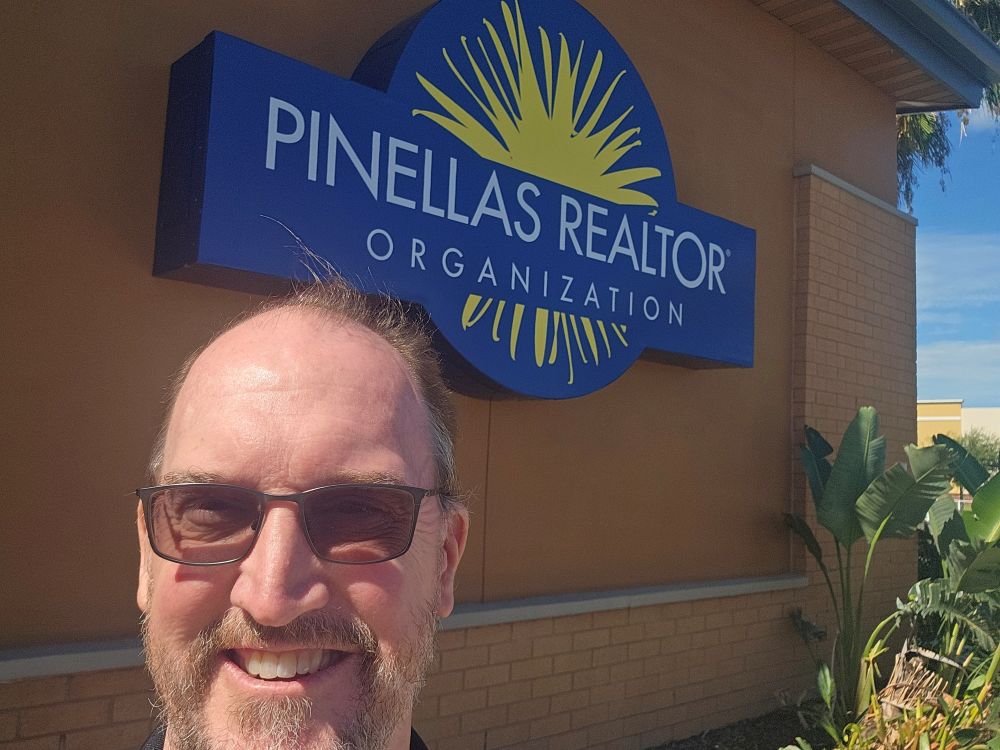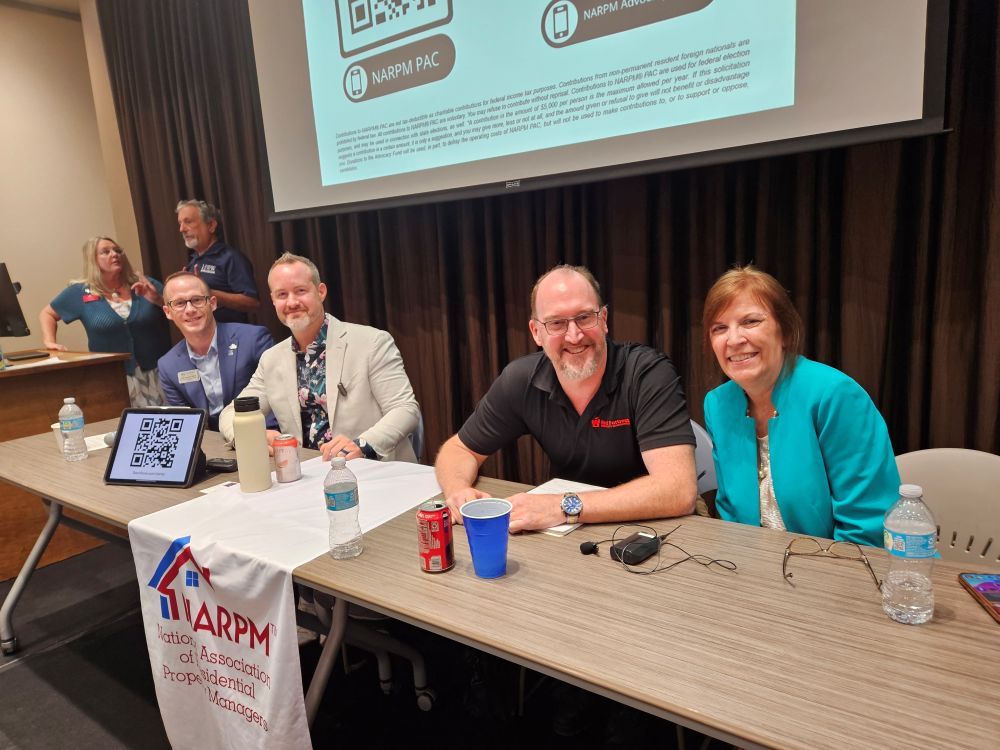On July 17, 2025, I, Michael McVety, had the honor of joining six other industry leaders at the Pinellas Realtor Organization in Clearwater, FL for an expert panel on the state of property management. With perspectives from across Florida and the U.S., we unpacked everything from legal updates to market challenges and best industry practices.
If you're a Florida landlord or someone looking to make more strategic decisions in property management, here are some of the most impactful insights we shared.

1. Florida’s New Law on Electronic Notices
One of the biggest changes on the horizon is Florida’s new law permitting electronic notices for landlords and property managers. This is a game-changer.
See my blog on this specific law: https://www.redfortresspropertymanagement.com/blog/big-news-for-florida-landlords-and-tenants-legal-notices-can-now-be-sent-by-email
Under the updated statute, landlords can now send legally compliant notifications — like lease renewals, 3 day notices, or non-renewal notices — via email or property management software, as long as tenants opt in.
✅ What this means for landlords:
Faster communication timelines
Reduced mailing and administrative costs
Better digital record-keeping in disputes
Pro tip: Make sure your lease agreements include an opt-in separate addendum for electronic communication so you’re fully protected.
2. The Most Common Mistakes Property Managers Make
Each panelist was asked: “What’s one mistake you see far too often in property management?”
Here’s what came up consistently:
Overpromising and underdelivering (especially with timelines)
Neglecting preventative maintenance
A lack of focus (too many other choices like sales and short-term rentals)
Ignoring local laws and code updates
Mistakes often start small but snowball — especially when you're managing many properties or different services. Systems, checklists, and communication protocols go a long way.
3. How to Reduce Client Turnover
Property management isn’t just about keeping tenants happy — it's also about retaining property owner clients who trust you with their investments.
Here’s what’s working in 2025:
Clear owner portals with real-time updates on maintenance, payments, and communication logs
Regular check-ins with clients (not just when something’s wrong)
Transparent fee structures and cost forecasting
Michael McVety said it best: “Property owners don’t just leave you when things go wrong but because there is a lack of communication.”
4. Solving (and Preventing) Common Maintenance Issues
Reactive maintenance is expensive — and it kills trust. Preventative maintenance programs are no longer a nice-to-have. They’re essential.
We discussed:
Annual HVAC servicing and filter replacements
Gutter and roof inspections before hurricane season
Plumbing and leak audits every 6–12 months
Tree branches near the home
Landlords who invest in these programs see:
Fewer emergencies
Longer-lasting appliances
Lower tenant turnover
5. Creating a Culture of Excellence in Property Management
Beyond checklists and tech, we talked about culture — the internal standards that shape your team and client experience.
What makes a property management company stand out?
Responsiveness
Consistency
Clear accountability
Team training and development
This isn’t just internal fluff. Landlords notice. Tenants notice. And that perception often influences who signs the next lease — or management contract.
6. Renting in a Depressed Market
With parts of Florida experiencing slower rental demand in 2025, we shared tactics to stay competitive:
Dynamic pricing tools to auto-adjust rent rates
Professional listing photos + video walkthroughs
Pet-friendly and flexible lease terms where possible
Incentives like first-month discounts
It’s about matching the market, not fighting it. And doing so without sacrificing your standards or brand. No need to change your resident selection criteria. You have it for a reason!
7. The Role of Licensing and Ongoing Education
Florida's property management regulations demands a real estate license even though property management is barely discussed. The push toward professional education is rising.
Some of the hot educational topics:
Fair housing laws
Handling security deposits legally
Navigating insurance and liability
Technology, systems and AI.
Whether you’re managing 5 doors or 500, staying current with training isn’t optional anymore — it’s part of your brand reputation.

💬 Final Thought
If you’re a landlord in Florida, now is the time to level up your systems, vendor relationships, and property management support. Whether you’re self-managing or working with a firm, these best practices aren’t just for large portfolios — they’re essential for long-term success in today’s market.
🔎 FAQ: Florida Property Management
Q: Do I have to notify tenants by mail in Florida?
A: Not necessarily. As of July 1, 2025, you can use electronic notices if tenants opt in. Be sure your lease has the correct addendum.
Q: What’s a good way to reduce tenant turnover?
A: Fast maintenance responses, clean move-in experiences, and respectful communication are key drivers.
Q: How often should preventative maintenance be done?
A: At semi-annually — with HVAC, plumbing, roofing, and appliances on a rolling schedule.
Q: Can I increase rent in a soft market?
A: Possibly — but only if your property stands out. Renters want value when looking through dozens or hundreds of possible choices!



